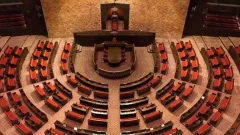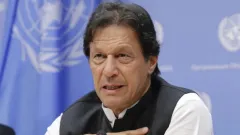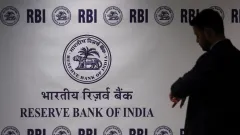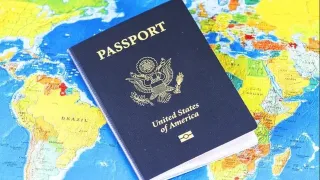Indian Premier League 2026: Player replacement in IPL is not just a part of the deal, but an important part of the team's strategy.
IPL 2026: How does trading happen between two teams in IPL?
The process of player exchanges between teams has already begun ahead of IPL 2026. The first major trade of this season took place between the Mumbai Indians and the Lucknow Super Giants. Lucknow's Shardul Thakur has now joined the Mumbai Indians for ₹2 crore. Additionally, the Mumbai Indians also struck a deal with the Gujarat Titans, acquiring Sherfane Rutherford for ₹2.6 crore.
Trading Window Timeline -
According to IPL rules, the trading window opens one month after the end of the season and closes a week before the next auction. Trades are allowed from the auction until the start of the next season. This means that if a franchise wishes to exchange a player or negotiate a new deal, it must do so within the stipulated time. This season's trading window will be open until the first week of December.
Who makes the trading decision?
The final decision always rests with the franchise. In most cases, one franchise approaches another franchise for a player. Sometimes, players themselves request a trade, especially if they are unhappy with their current team or want to play for a different team. However, remember that despite the player's wishes, the team's final decision is final. Sometimes, players are forced to trade even if they don't want to.
Limit on the Number of Foreign Players in the Final Squad
In the IPL, only four foreign players can play in the final matchday squad. Although a full team can consist of eight foreign players (for the entire season), the team management can only field four foreign players on match days. This is why the selection and strategy of foreign players in the team are carefully considered. This choice is made based on the foreign player's abilities, the team's needs, and the match situation.
The Strategic Importance of Trading
Trading is not just a means of exchanging players. It is also a way to maintain balance between team strategy, captaincy, batting, and bowling. The arrival or departure of a potential player can significantly impact a team's success, so franchises make very careful decisions when making trades.
This system balances team strategies, player rights, and league integrity to ensure fair business practices. Examples include recent blockbuster deals, such as the trade of Sanju Samson to the Chennai Super Kings in exchange for Ravindra Jadeja.






















